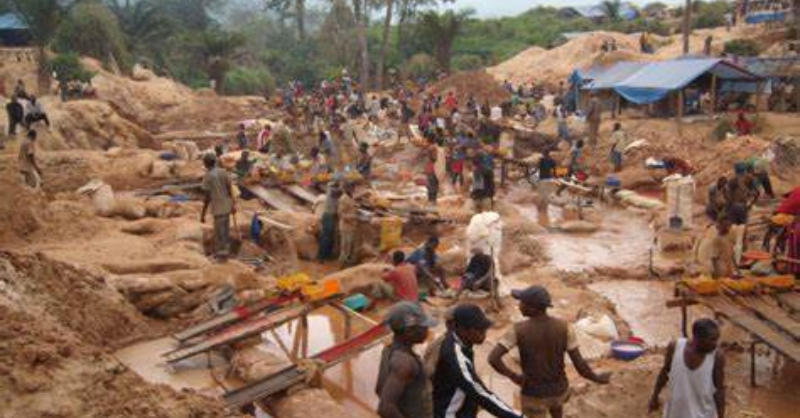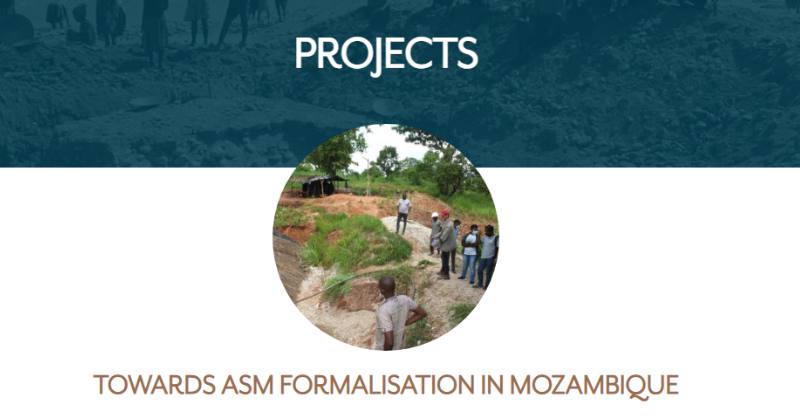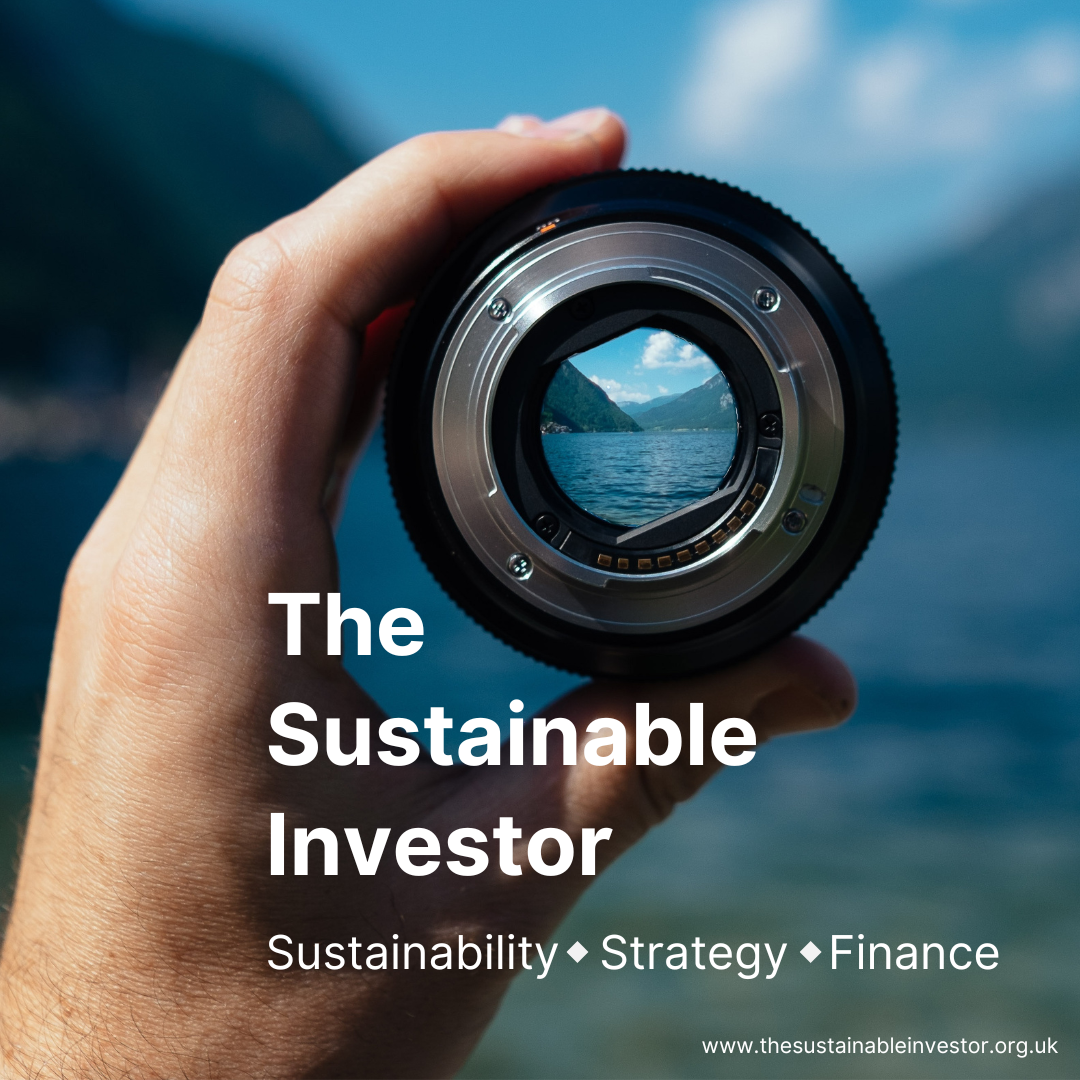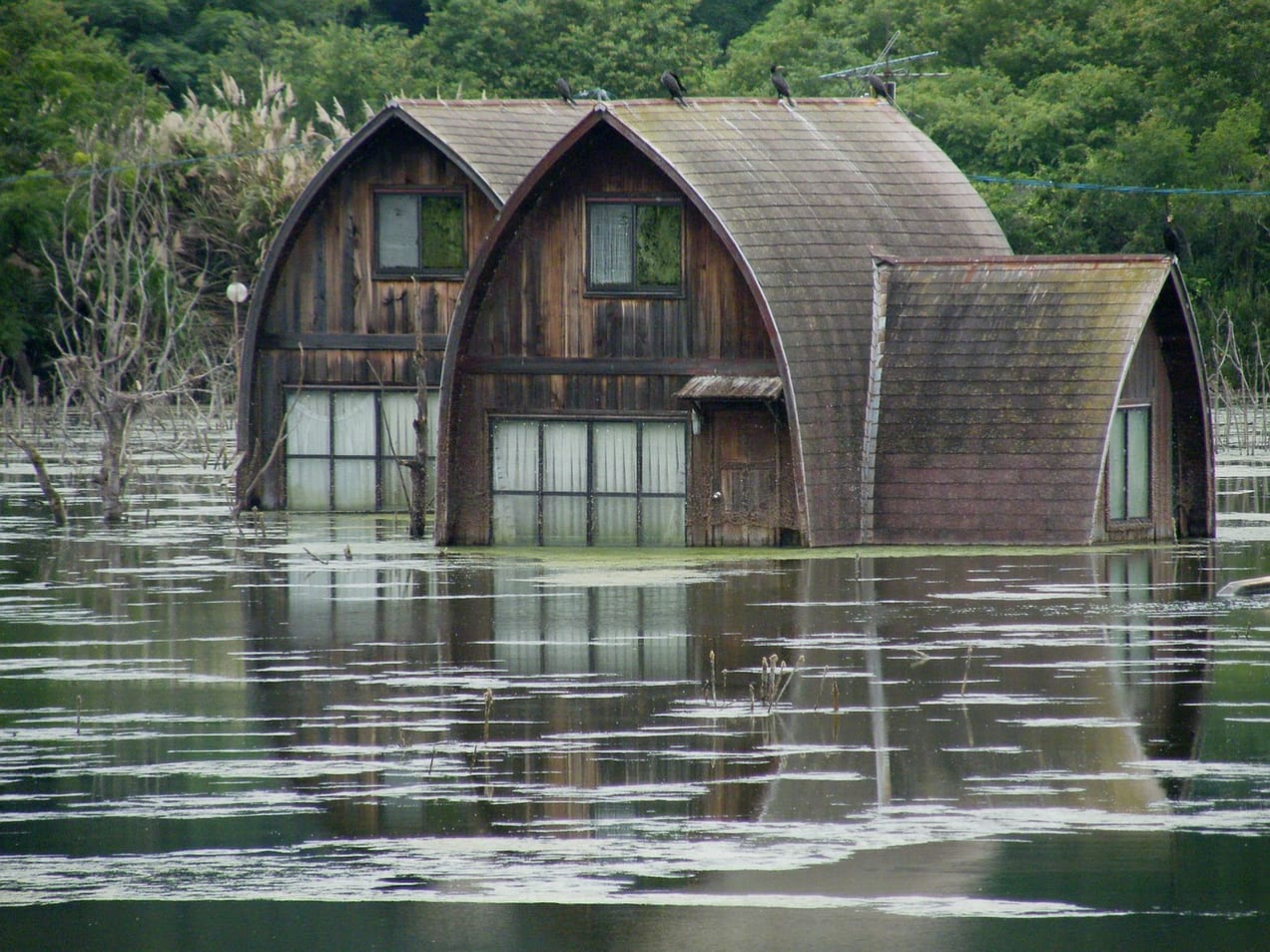
Why we all need to care about artisanal mining solutions
Artisanal mining is becoming an increasingly important issue as we examine the challenges faced by mined material supply chains. But, the importance of these solutions goes well beyond mining.
Artisanal mining is becoming an increasingly important issue as we examine the challenges faced by mined material supply chains. In his latest guest blog Rob Kaparti sets out two major projects that offer solutions that we can apply at scale. These are the Sanu Kura project in Burkina Faso, and work undertaken to formalise artisanal mining in Mozambique.
But, the importance of these solutions goes well beyond mining. It also highlights some wider 'truths' about how we find solutions to other sustainability transitions. How we need to listen to all voices, if we are to implement financially viable alternatives. How we describe and think about the challenges has a massive influence on what solutions we throw up, and how likely they are to be delivered and to really make a difference.
Explaining the drivers of upcoming sustainability changes, and getting the solutions embedded into an organisation's future strategy, is a key role of all sustainability professionals. Understanding the solutions in artisanal mining can help with this process.

The details
Why we all need to care about artisanal mining solutions
And it's not just for the reasons you might think.
Change is the law of life. And those who look only to the past or present are certain to miss the future. John F. Kennedy
Over the last few months, Rob Karpati from The Blended Capital Group has written a series of guest blogs for us on artisanal mining. He has started with the challenges, and has gradually worked his way through the issues to some of the solutions. In today's blog he starts to pull this all together, specifically looking at two key projects that can help us find 'solutions at scale'.
Why are artisanal mining solutions important, even if you are not a miner?
Before we hand over to Rob, we want to stand back a bit and discuss why this is such an important topic. Even for sustainability professionals who have little exposure to the mining industry.
It's to do with the process. How we describe and think about the challenges has a massive influence on what solutions we throw up, and how likely they are to be delivered and to really make a difference.
Clearly ethical considerations are one of the main reasons why we need to care about solving some of the challenges that arise from artisanal mining. But they are not the only reason. Thinking about artisanal mining also highlights the challenges faced by sustainability professionals in a whole range of other transitions. Think of it as a microcosm of the transition challenge.
By and large sustainability professionals are seeking solutions that are both financially deliverable and good.
Attracting finance for sustainability solutions is not just about the process of constructing an investment case (something we have been discussing in recent Sunday Brunches)...it's also about helping our finance colleagues understand that change is coming. And that as businesses, we can either prepare for this change, and enable our organisation to continue to prosper. Or we can ignore it, and most likely fall victim to it.

Sustainability professionals are not only well placed to explain the upcoming changes, but they also have a key role in ensuring the best solutions are properly included in their organisation's future strategies.
The artisanal mining challenge is a good example of this.
Organisations in the mining sector, and those who use the raw materials they produce, can choose to ignore the issues. That is a perfectly viable solution, for a while. But it's highly unlikely that it will turn out to be a good one for the mid and long term future of the organisation.
As it becomes clearer that we are going to need more mined materials if the transitions are going to happen, then mining supply chains will come under more scrutiny. Not just from an ethical perspective, but also in terms of the industry's ability to raise the necessary capital to expand, to get permits to operate, and in the recruitment of bright new graduates.

And the same logic will apply to the other transitions.
This equally applies to challenges as varied as, how we deliver the right amount and mix of renewable electricity generation, how we get consumers to adapt heat pumps and electric vehicles (at scale), and how we change our agricultural systems to ensure that future generations will be able to get the food they need, in a way that they find environmentally and socially acceptable.
So, as you read Rob's blog, think about your own sustainability transitions, and how the way you frame the analysis will shape the solutions that your organisation seeks to apply, and how this will drive your future strategy.

After that slightly protracted introduction - over to Rob
This series of articles on artisanal mining has outlined the profile of the sector, including success stories and key formalization success factors for enhancing the dignity and productivity of miners.
In this article, I dive into two examples, talking about what success looks like and how it was achieved.
As a reminder, formalization of artisanal mining enables fair predictable business relationships between artisanal miners and their business partners that extends from upstream suppliers through to downstream customers. Professionalization involves organizing into cooperatives or associations, positioning changed outcomes through financing that can be used to equip, train, improve practices and implement more equitable channels from miners to refiners. Clear and feasible legal frameworks are essential for success.

The work starts with the voices of the miners themselves, where dialogue fosters trust and results in identifying approaches that make sense across differing stakeholders. Clear goals are essential - ensuring human rights, fostering sustainable development, dignity and productivity. A broad view is essential - ASM is the front end of mining value chains, steeped in local communities and socio-economic realities. Understanding context while building trust based on transparent dialogue are essential.
Although over 80% of ASM is currently informal, the two important success stories that are described below bring important learnings that can be leveraged for broader impact.
The Alliance for Responsible Mining – Sanu Kura Project

The Sanu Kura project was four years in the making, 2019-2023. The project was in Burkina Faso, with a scope that included artisanal miners in the center-west, center-north and south-western regions of the country. Successful outcomes included the implementation of 17 mining associations and 6 cooperatives that include over 3,000 miners. Legal viable distribution was defined and implemented for these operations, mining practices along with safety and health were improved, approaches to processing were implemented that eliminated mercury and cyanide usage in gold mining, ongoing due diligence to ensure gaps are sustained were codified through the Progress APP and the 3,000+ miners were trained in entrepreneurial business processes as well as in strong mining practices.
Success resulted from a multi-stakeholder approach that extended from the miners and their communities through the downstream value chain. The national government was viewed as a critical partner throughout the project. Focus in the project included socio-economic, technical/environmental, health/safety and responsible supply chain work-streams.
The integrated approach that was used resulted in a bright future for the miners and communities that were in scope. Regulatory collaboration ensures that implemented approaches were legal, integral voices of miners and communities made sure that designed solutions made sense at the ground-level and downstream value chain formalization has significantly reduced vulnerability of miners to intermediates.
The EU was a key project sponsor and funder. Wolfram Vetter, Ambassador of the EU Delegation, said that he was ‘pleased and proud’ with project results and that ‘we are convinced that artisanal and small-scale mining (ASM) can be an engine for sustainable growth, provided that responsible practices are promoted to strengthen governance and ensure environmental protection and workers’ rights.’
Levin Sources, the Alliance for Responsible Mining and Genesis – Mozambique Formalization and Capacity Development

Mozambique has 100,000-300,000 artisanal miners, with the government recognizing their development potential. Levin Sources collaborated with the Alliance for Responsible Mining and with Genesis LDA in a project that spanned four cooperatives. The goal was to increase formalization and good mining practices while partnering with the government to develop capacity around approaches for the development of ASM broadly across the country.
The project, successfully completed in 2022, included a focus on organizational governance, legal licensing, safety and health, technical training and capacity building, environmental assessments, market analysis and marketing planning.
Training and capacity development were especially key for delivering as well as sustaining gains. Training included miners in the cooperatives as well as government officials, positioning the country to leverage gains across the broader ASM sector. Cooperatives that were in-scope mined gold, gemstones and clay, a diverse mix that supported extending gains after the project was completed across different ASM sub-sectors.
Success resulted from an approach that centrally positioned the voices of the artisanal miners. Solutions were not imposed, they were collaboratively defined and implemented. The government was treated as an integral stakeholder, also central to all project phases from analysis and solution design through to post-implementation sustainment. With miners and government officials both central to the project, defined solutions made sense in the context of local socio-economic realities.
Conclusion
What these two projects as well as other success stories have in common is that artisanal miners were given voice in solution design and implementation, which resulted in approaches that reflected local socio-economic realities. Broad approaches to stakeholders were also used, including government and downstream stakeholders, with a strong focus on the value chain ensuring that ground-level formalization combined with downstream changes through to refineries were leveraged toward success. It is important to learn from these examples as focus on ensuring human rights, driving sustainable development, enhancing dignity and productivity in artisanal mining continues to grow.
Something a little more bespoke?
Get in touch if there is a particular topic you would like us to write on. Just for you.
Contact us
Please read: important legal stuff.



